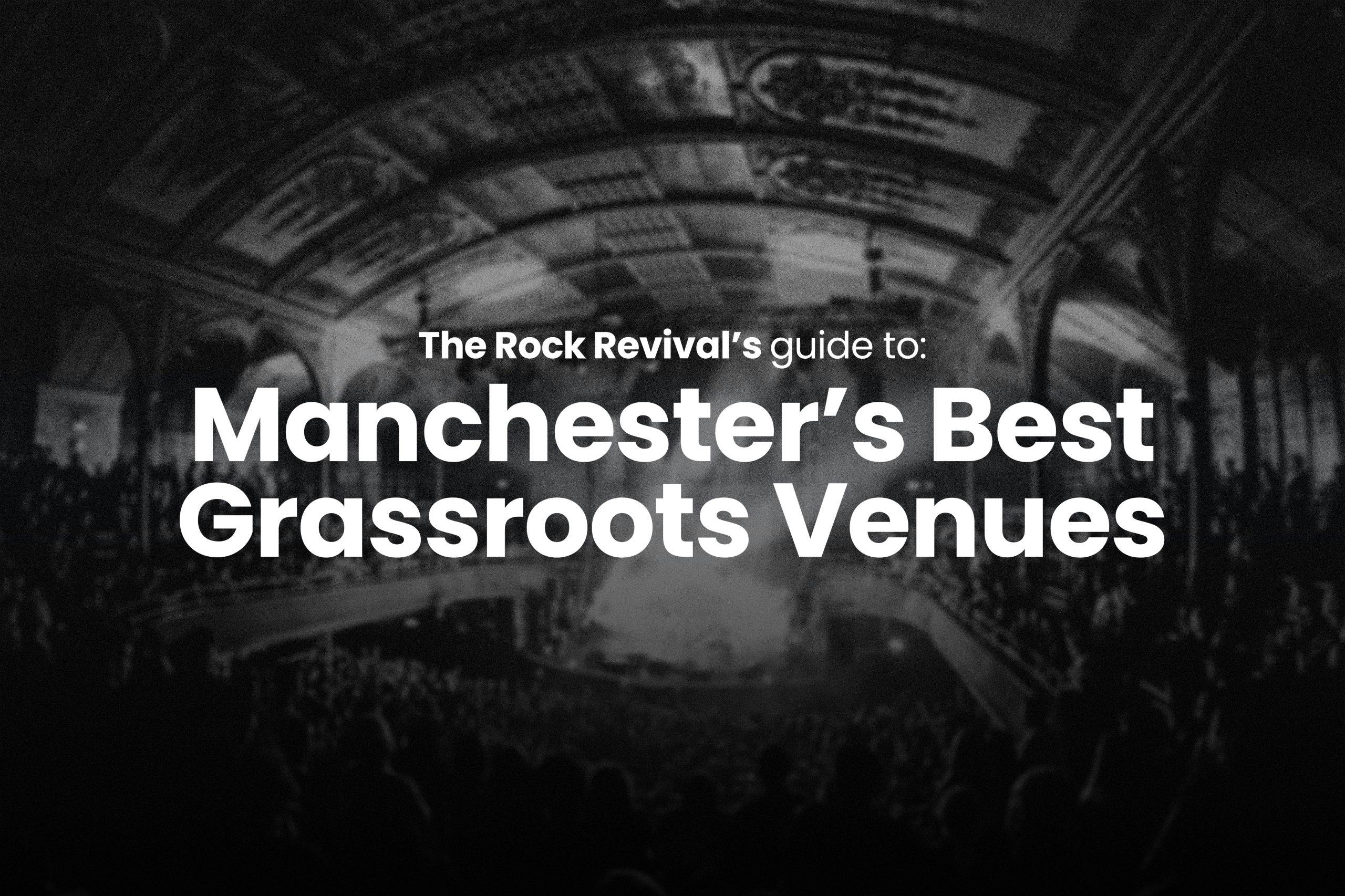
Is there a better city in the world for nurturing music talent? Manchester’s alumni for artists is not only extensive in names but also in sound and genre. From the jangly rhythms and poetic melancholy seen from The Smiths, the Britpop era and Oasis, and the alternative superstars The 1975.
These iconic bands didn’t go from one sweaty basement jam to playing the biggest and best arenas in one night, though. At the heart of it all were the local Manc venues that put them in a position allowing them to flourish and grow.
The importance of grassroots venues at the heart of a city’s community can never be underestimated. Yet, they have never been more at risk. Amidst the frenzy of an Oasis comeback announcement and millions of fans trying to grab a ticket, the Music Venue Trust Charity were quick to point out the growing struggles in the live-music scene.
“The sobering reality is that 11 of the 34 grassroots music venues that Oasis played on their first tour still exist today.”
“Gone are 23 spaces that took a punt on a new band from Manchester who would become one of the most iconic in British music history.”
More often than not, the best gigs you can go to are the ones that put you at the very front of an intimate performance, for a band you’ve never heard of. To help, The Rock Revival have picked out five of Manchester’s best music venues that you can get yourself down to. You never know who you’ll see, and what they’ll go on to do.
Albert Hall
Coming just shy of a 2,000-capacity venue is Manchester’s very own Albert Hall, a building originally built as a Methodist chapel in 1908 before being renovated for the stage.
The renovation made sure to keep its old quirks though, still possessing stained glass windows and a church organ that helps put itself to the forefront of the North-West’s very best venues.
The likes of Tame Impala, Suede and Manic Street Preachers have all graced its grandstand, and many more talented acts will continue to do so at Neighbourhood Festival, in which The Rock Revival will host the famous venue to bring exciting talents such as Red Rum Club, Brooke Combe and Seb Lowe on the 5th of October. Tickets are still available here.
Night & Day Cafe
Situated in the heart of the Northern Quarter sits Night & Day Cafe, a small and quaint venue that helped kickstart the area’s reputation for art, music and culture back in the early 90s.
Despite being amidst an ongoing noise row with the Manchester City Council spanning three years, its support has continued to grow, and for good reason.
Boasting an extensive list of past acts such as Ed Sheeran, Arctic Monkeys and Elbow, the intimate, 250-capacity venue shoves you to the front of the stage and allows you to be at the centre of an artistic performance.
The Rock Revival will also bring alternative Dublin-based band Basht. to the iconic venue on the 7th of November. Tickets are available here.
O2 Ritz Manchester
A guaranteed bet to pack in a buzzing atmosphere, the O2 Ritz Manchester is famous for its sprung dance floor, a perfect venue for mosh pits and dancing.
Originally built as a dance hall in 1927, it became a host of concerts and nights out in the 60s and can proudly boast it’s hosted The Beatles, as well as being the venue where Liam Gallagher revitalised his solo career in 2017.
The Deaf Institute
One of Manchester’s most famous venues for hosting alternative and lesser-known acts, The Deaf Institute is a contender for the sweatiest venue on the list, packing 300 people into a tiny room where the noise from the stage will blow your head off.
It’s easy to see why Johnny Marr hosted a brief residency here in 2011, and also why bands such as The 1975 are so fond of it.
Band on the Wall
Also situated in the Northern Quarter, Band on the Wall got its eccentric name in the 1930s when a stage was placed halfway up the wall.
Initially a jazz venue, hundreds of talented musicians flocked to play its stage, but in its later years it became a prominent place for alternative acts such as The Fall, Buzzcocks and Joy Division.
What makes Band on the Wall so special is its diversity of artists. African, European and Caribbean artists have all graced its stands, making it a true venue for world music.
Words by Niall McGreevy
